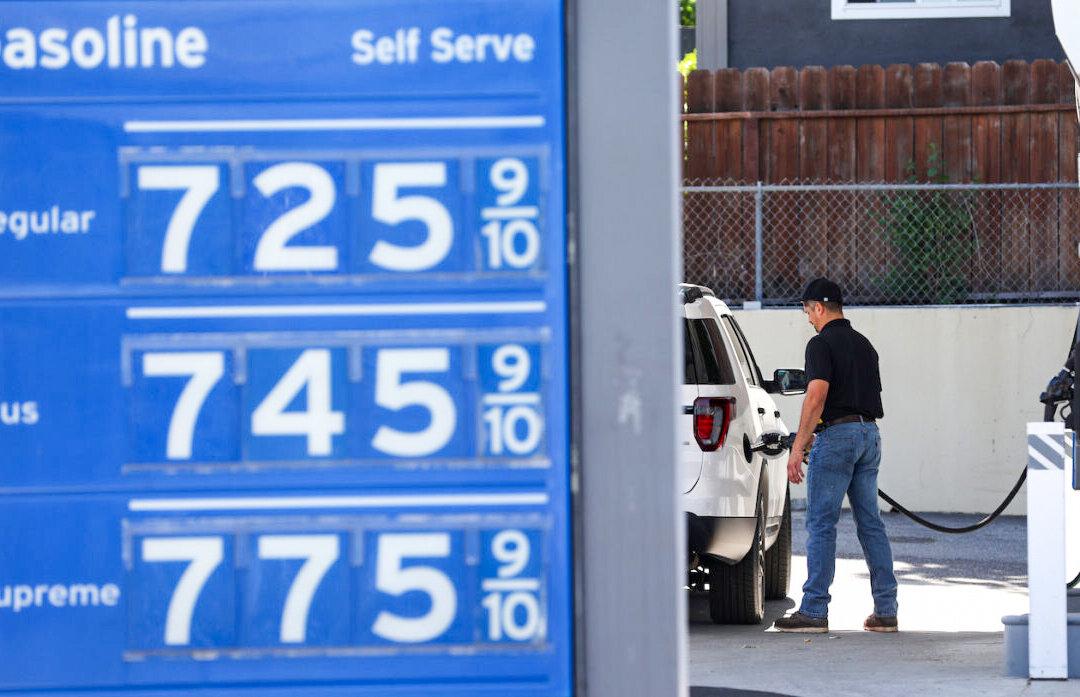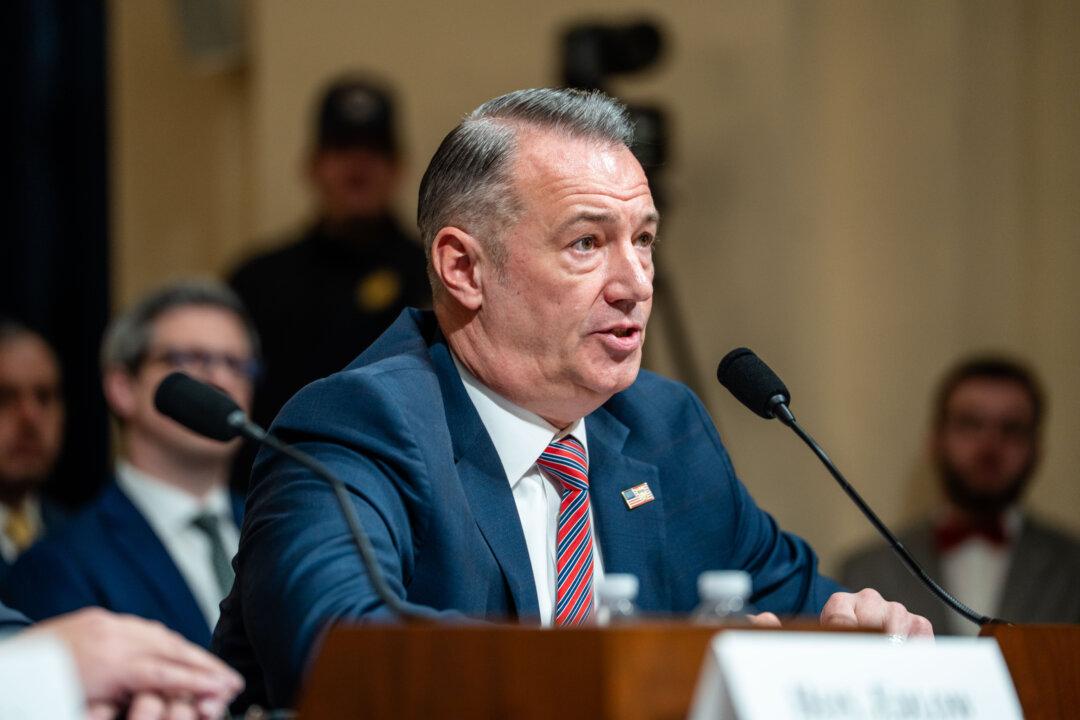Californians are finding some relief at the gas pump this week after retailers transitioned early to a cheaper “winter blend,” but consumers are still paying the highest rates in the nation, according to the Automobile Club of Southern California.
Gas prices retreated to an average price of $6.20 Oct. 13 in the Golden State—22 cents lower than last week’s record high. The national average was $3.91 on Thursday, which was 4 cents higher than a week ago.





